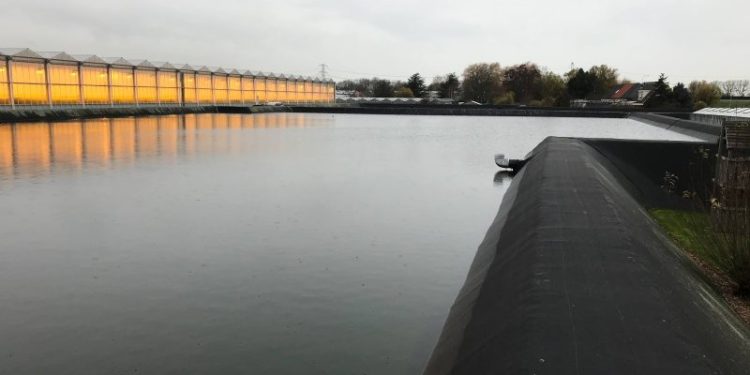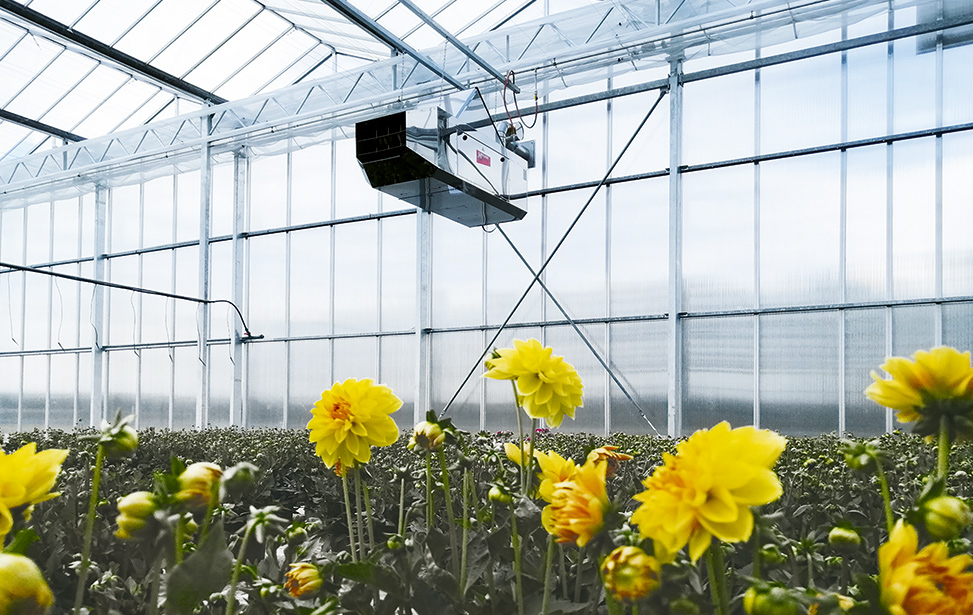#RainwaterStorage #Horticulture #WaterManagement #ClimateResilience #SustainableAgriculture #Innovation #Irrigation #WaterConservation #EnvironmentalSustainability #AgriculturalTechnology
In recent years, the horticultural industry has witnessed a surge in the demand for rainwater storage solutions, particularly in silos and basins. This demand is driven by the necessity to mitigate the effects of prolonged dry spells and to ensure a reliable water supply throughout the year. Silos and basins have emerged as popular choices among growers, offering advantages such as space efficiency and versatility.
Joshua Reijnen, a technical sales expert in watertechnology, highlights the increasing popularity of rainwater silos, attributing this trend to longer periods of drought. Rainwater, prized for its purity and low mineral content, is deemed ideal for irrigation purposes. To capitalize on vertical space, silos have become preferred options for water storage, offering varying heights and diameters to suit different operational needs.
While surface water and tap water pose challenges due to potential contamination and mineral content, rainwater stored in silos provides a clean and readily available source for irrigation. Royal Brinkman, a leading supplier in the horticultural sector, offers galvanized steel silos equipped with features like water-permeable, lightproof covers to maintain water quality. Depending on the crop type, water from these silos may require filtration or disinfection before use in greenhouses.
For growers requiring larger water volumes, companies like Van Daalen Grond-, Weg- en Waterbouw specialize in constructing water basins tailored to horticultural needs. These basins, lined with durable foil and equipped with floating covers, serve as crucial reservoirs for maintaining water quality and minimizing evaporation losses. Additionally, advancements in water management, such as underground water storage, offer promising solutions for enhancing water availability and sustainability.
Glastuinbouw Waterproof, a pioneering program dedicated to improving water management in horticulture, emphasizes the importance of ensuring a reliable supply of high-quality irrigation water. Ongoing research initiatives aim to optimize water treatment processes and explore innovative storage solutions, including underground aquifers and rainwater harvesting systems. Despite challenges such as salinity issues associated with underground water storage, experiments have shown promising results, providing hope for sustainable water management practices in the future.
Innovative approaches to water management, such as repurposing industrial wastewater and exploring decentralized water treatment facilities, offer promising alternatives to conventional water sources. By embracing these innovations, the horticultural industry can enhance water resilience, reduce environmental impact, and adapt to the challenges posed by climate change.
The growing demand for rainwater storage solutions underscores the urgency for innovation in water management within the horticultural sector. Through strategic investments in infrastructure, technology, and research, growers can mitigate the impacts of climate variability and ensure a sustainable future for agricultural production. By embracing modern solutions and collaboration, the industry can overcome water challenges and thrive in an increasingly uncertain climate.











